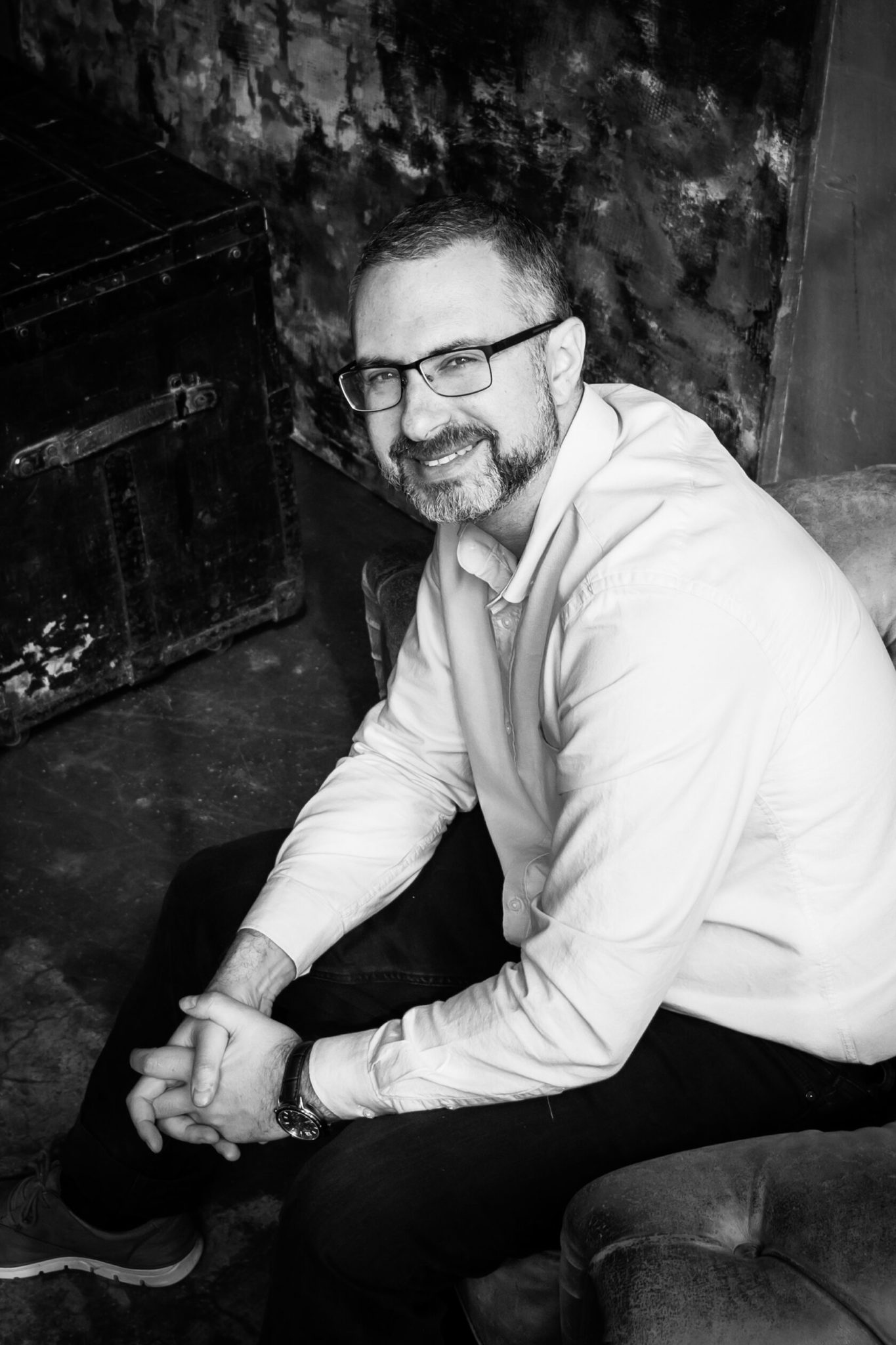4 Dos in a Relationship According to John Gottman
The psychologist John Gottman identified 4 dos for a relationship to succeed, as well as 4 don’ts that can ruin a relationship. Let’s start with four Dos. According to John Gottman the following things should be actively pursued in relationships:
1. Safety. This includes both physical and emotional safety. If you don’t feel safe in your relationship, you’re not building a relationship, you’re rather trying to survive. Even though a relationship implies work and commitment, it’s not all about that it should be hard all the time. When you’re in a relationship, you don’t have to wear yourself down. You don’t need to carry your cross constantly asking yourself “Is this difficult-to-get-along person my karmic lesson or my destiny?”, “What if I should stick to them no matter what?”. You also don’t need to nurture your partner paying the price with your time, health or happiness. Relationships should make us feel good and happy! Let a sense of safety be the most fundamental part of your happiness. No happiness in a relationship is possible without a feeling of safety. Safety is a basis for relaxation.
2. Communication. Communication is the key to a healthy relationship. Whether we are talking or listening, we are communicating with our partners all the time. Listening is more important in communication than talking. That’s why the old Jewish proverb says that we have two ears and one mouth to listen twice as much as to talk. When we listen verbally and non-verbally – paying attention to the partner’s body language, their posture, facial expression – we start to really hear them and understand them better and suddenly many things start making sense. Communication is the number one skill in a relationship, and listening plays the most vital role in it. By listening we build trust, and when we do our partners are more likely to share their feelings and concerns with us, and are more likely to be supportive of us as well.
3. Respect. No relationships are possible without respect. Therefore, it’s so important to catch the moment when you start losing respect for your partner, or they start losing respect for you. We shouldn’t pretend that we don’t see the elephant in the room if it’s there. If you feel that you’re losing respect, go back to point 2 and start communicating. Speaking directly and addressing the issue in question is the name of the game: “Why do we lose respect for each other? What is happening between the two of us? When did it start and how can we fix it, together”. All these questions can and should be addressed between the partners. it’s also important to mention that, when we lose respect for our partners, the sexual aspect of a relationship also goes away.
4. Trust. Trust is a major ingredient in any relationship. The extent to which you trust your partner immediately determines the measure of success in your future relationship even before you start building it actively. Granted, it is hard to build a relationship if you don’t trust yourself in choosing a partner or are anxious that they may betray you. Anxiety always leads to worse possible outcomes, because by fearing things we materialize them. If you want to build a strong relationship, start by trusting yourself not only in the relationship, but in general. Do what’s best for you, rely on your intuition and life experience, and don’t be afraid to make independent choices. Relying on your judgment, intuition, and feelings is a skill that can be developed. Once you develop this skill you become less afraid to trust your partner and start to trust them more.
When going through each stage of building and maintaining a relationship, check with the above four points and make sure that they are there.



